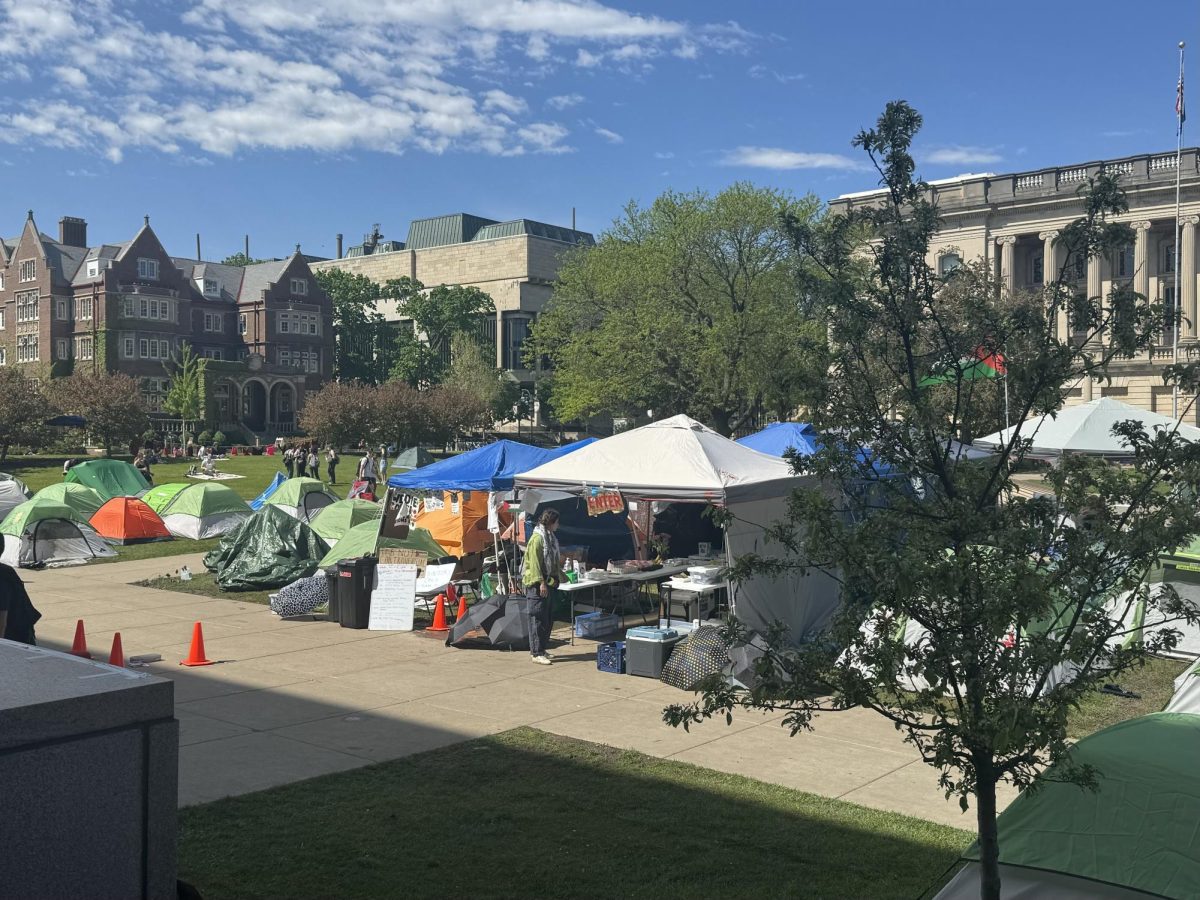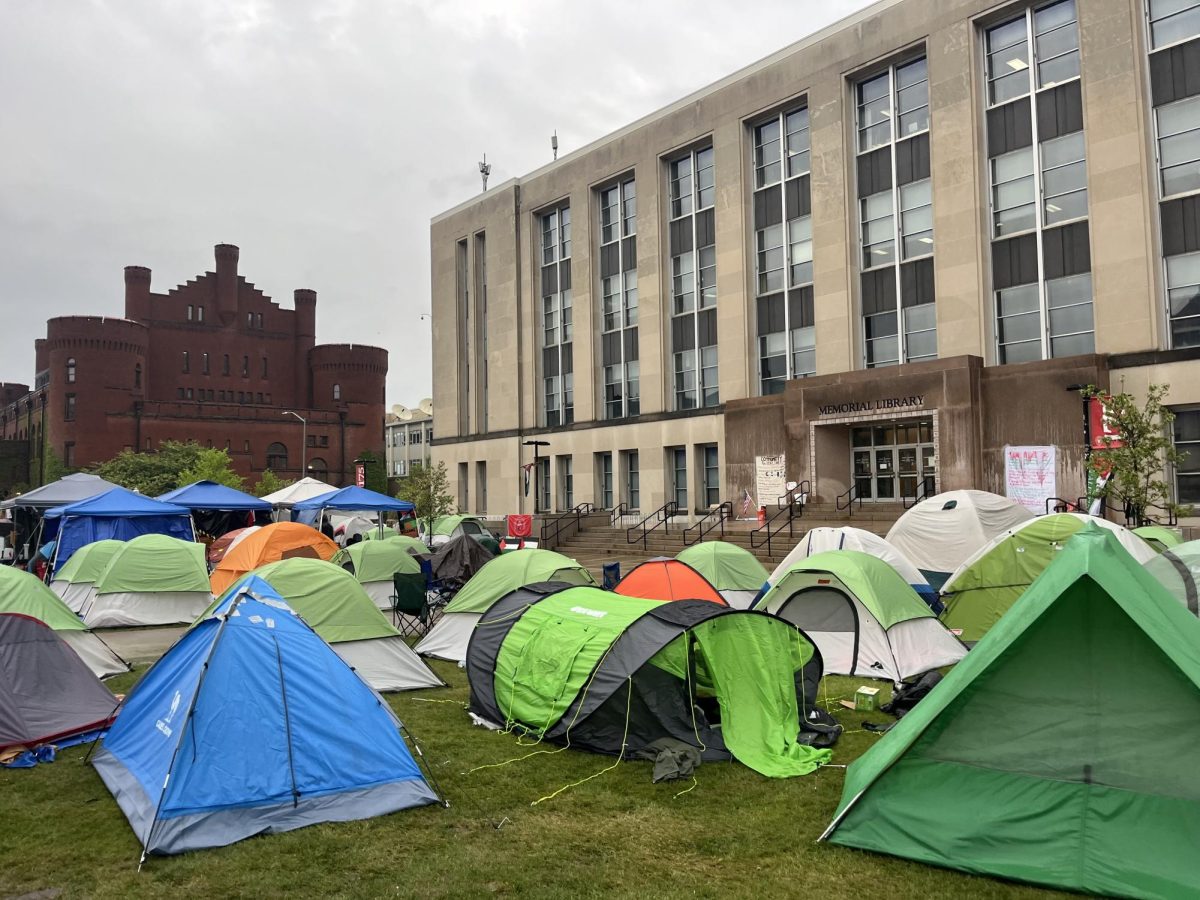A University of Wisconsin professor broke down the complex relationship between environmental issues and mass media in a lecture Wednesday night at the Wisconsin Institutes for Discovery.
English professor Rob Nixon lectured on how different environmental issues are represented in the press and politics today. His lecture was based on his newly-published book “Slow Violence and the Environmentalism of the Poor.”
Nixon said a key issue today is how to promote awareness of slowly-progressing environmental issues with today’s fast-paced society.
Nixon described many of these issues as “slow violence” because they do not produce immediate effects. These environmental issues include climate change, a depletion of coral reefs and bio-magnification of harmful chemicals released in the earth.
“We are used to thinking about violence as instant and explosive but we need think of the forms of violence affecting us that are slow and attritional instead,” Nixon said, referring to current environmental issues.
Nixon said today’s fast-paced society means people want information quickly and they want stories relevant at the present moment.
These environmental issues are neither quick nor cause huge amounts of casualties at one time, like many news reports seen in the media today, so they are not covered by the press, Nixon said.
Nixon added fixing these environmental issues will require the media to portray the severity of the issues, even if the effects will only occur in the future. He said media outlets need to focus on how it will affect their respective locations to get the citizens to actually care about it.
Still, not all of the attendees felt the lecture managed to focus in on how exactly these issues could be included in writing.
“I came to the conference for the media aspect,” UW sophomore Brady Loomis said. “Environmental issues are important and I was hoping to learn how to incorporate them into writing, but it didn’t quite do that for me.”
Nixon said if these issues continue to go unaddressed, they could have substantial impacts on the way people live their lives around the world.
For example, Nixon said the Earth continues to heat up as society breaks down the ozone layer, bio-magnification from Agent Orange chemicals used in past wars continues to infect living things, and islands surrounded by depleting coral reefs due to global warming are at risk of ending up underwater.
Nixon said including environmental issues in the media will not be easy because of the government’s focus on the short-term effects of issues, when these problems will only produce unforeseen long-term effects.
“Our political leaders are simply looking at correcting short-term issues,” Nixon said. “Not worrying about the long-term when they should be.”
For example, Nixon said a currently significant environmental issue in Kenya is soil quality, as erosion in the mountains causes a loss of nutrients. However, many Kenyans are not aware of the best practices to maintain soil because it is not reported, Nixon said.
“I really liked the part about the habitat erosion in Kenya because we have that exact same problem here in Wisconsin, and we need to tend to it. But first, people need to know about it,” Shana Ederer, a graduate student studying botany and biometry, said.



















